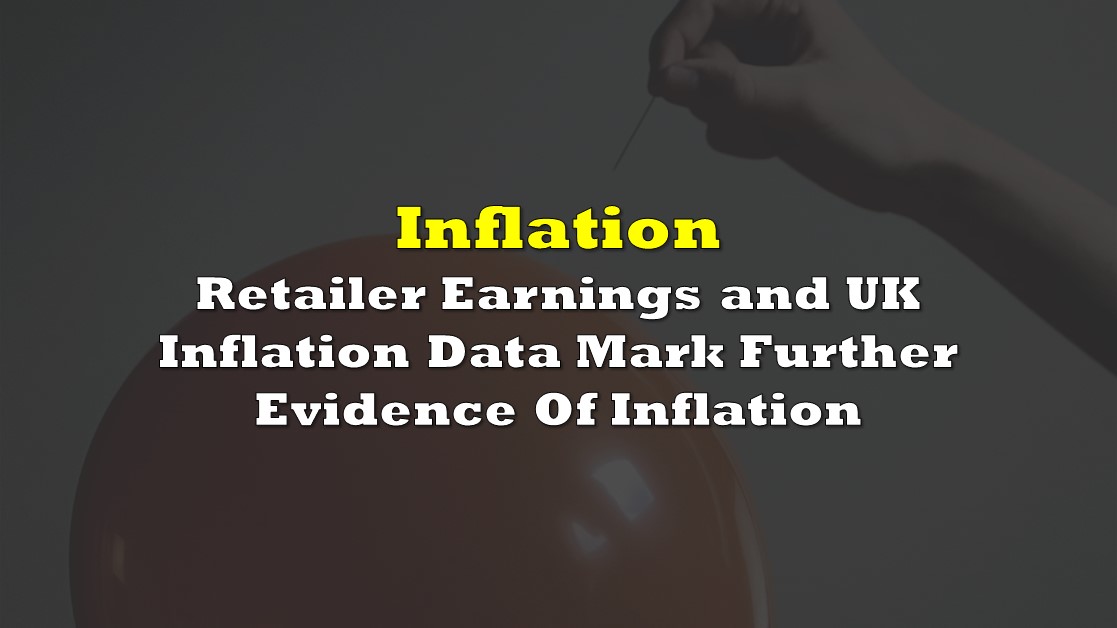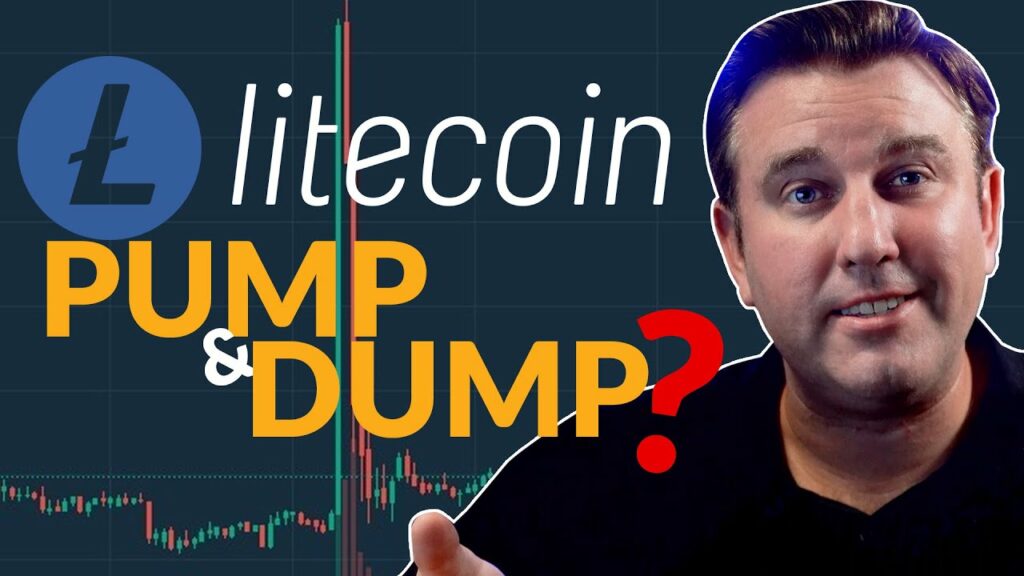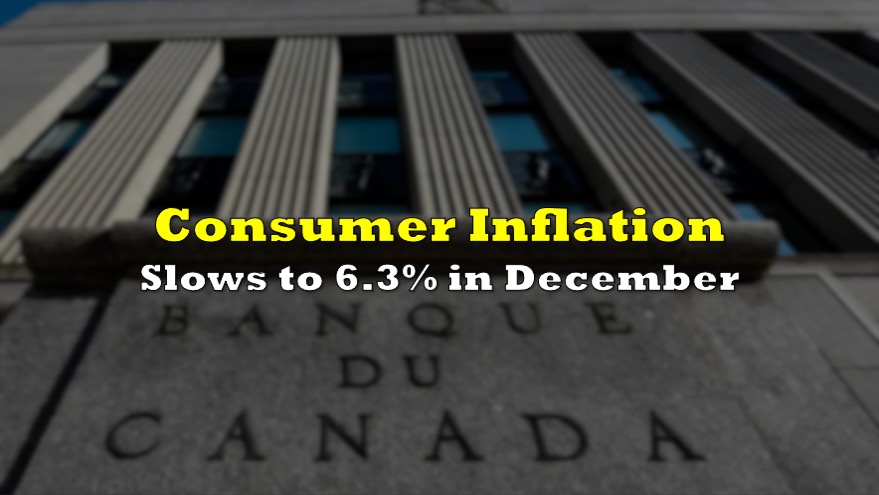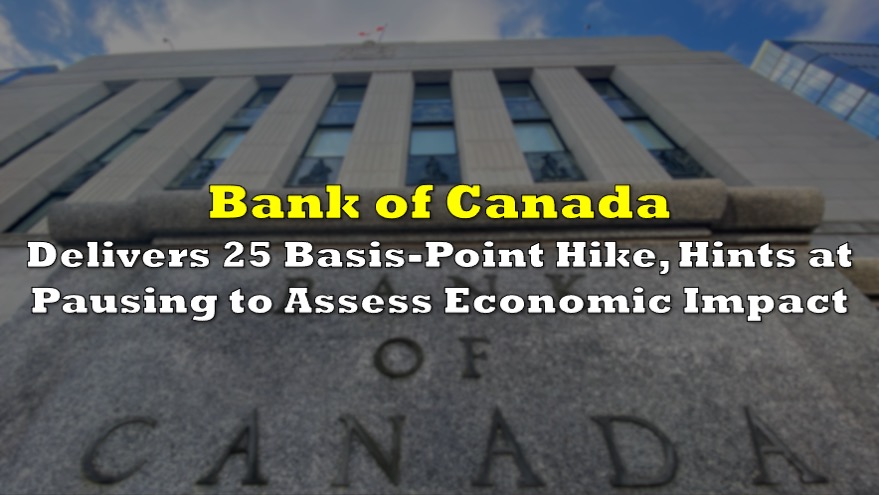Over the last several weeks, investors have expressed increasing fear that inflation could cause a reasonably severe economic downturn. Consequently, almost all global stock markets have been pummeled over this period; the S&P 500 Index has lost about 15% of its value since start of the year.
Concerns that high inflation may cause a recession were heightened last month by poor earnings and weak guidance provided by the retail stalwarts Walmart Inc. (NYSE: WMT) and Target Corporation (NYSE: TGT). In particular, Target’s admission that rising prices seem to have encouraged shoppers to pull back spending on non-essential items resonated with anxious investors. The shares of the two companies have plummeted 16% and 28%, respectively, over the course of the last month as a result.
On May 18, the UK reported that its consumer price index (CPI) rose 9.0% over the twelve months ended April 30, 2022, up dramatically from the 7.0% reading for the year ended March 31, 2022. While perhaps an exaggeration, 25% of UK citizens say they have had to resort to skipping meals because of inflationary pressures and food scarcity concerns, according a recent survey performed for the British news channel Sky News.
The UK’s CPI rate is even higher than the most recent US reading of 8.3%. Interestingly, the UK’s Retail Price Index (RPI), an older measure of consumer prices, is up 11.1% over the twelve months ended April 30, 2022. The RPI covers private households but excludes the top 4% of them by income. Many believe the RPI is a truer gauge of inflation in the UK, just as some think the U.S. headline CPI understates the level of pricing pressure felt by the average American.
The table below shows the most recent CPI readings in the West’s key economies, as well as the benchmark interest rates set by each region’s central bank.
| Annual Inflation, as Measured by CPI | U.S. | Canada | UK | Euro Area | Japan |
| April 2022 | 8.3% | 6.8% | 9.0% | 7.4% | 2.5% |
| March 2022 | 8.5% | 6.7% | 7.0% | 7.4% | 1.2% |
| February 2022 | 7.9% | 5.7% | 6.2% | 5.9% | 0.9% |
| Benchmark Interest Rate Set by Central Bank | 1.0% | 1.5% | 1.0% | 0.0% | -0.1% |
The most striking aspect of the data is the extraordinary gap between inflation levels in all regions, aside from Japan, and benchmark short-term interest rates. It would appear central banks need to raise rates significantly from current levels to begin to cut into inflation. Equally important, it will be interesting to see if the banks are able politically to keep raising rates if equity markets continue to weaken.
In addition to implementing small interest rate increases so far this year, the Bank of England is shrinking its balance sheet through passive means (a mild form of quantitative tightening). As the bonds it owns mature, the funds are not reinvested; they are deleted from its account. The U.S. Fed plans to initiate a similar strategy on June 1.
Japan’s extremely low inflation rate relative to other Western economies is presumably due to grinding deflationary pressures it has faced for years. However, Japanese inflation did tick up in April by a notable level.
Investors are beginning to understand the pernicious effects of inflation on both the economy and securities prices. Unfortunately, anecdotal evidence of inflation’s staying power will likely be here for some time. The measures put in place to combat it so far – remarkably, European Central Bank interest rates are still set at zero — do not seem sufficiently strong to effect much change.
Information for this briefing was found via Edgar and the companies mentioned. The author has no securities or affiliations related to this organization. Not a recommendation to buy or sell. Always do additional research and consult a professional before purchasing a security. The author holds no licenses.









